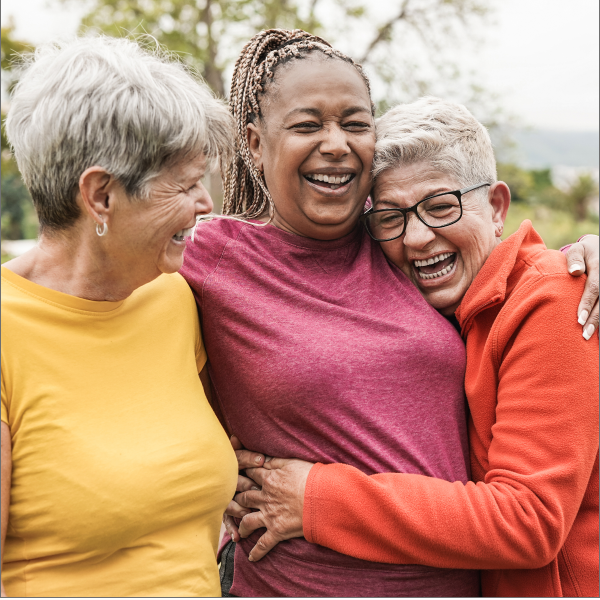Personalising your cancer care
What is personalised cancer care?
Every person living with cancer is an individual with a unique set of needs and life circumstances. Personalised cancer care aims to tailor the care and support you receive by focussing on what matters most to you. This approach aims for you to live as well as possible during and after your cancer treatment.
Download our 'Top 10 Tips for Cancer Patients'.
Download '4 Elements of Support for Cancer Patients'.
We believe that everyone affected by cancer should have access to high quality personalised care.
Our aim is to deliver the NHS Long-term plan, which states that all patients should be offered the four personalised care interventions (see below). Where appropriate, patients should also have a follow-up that is personalised to them (Personalised Stratified Follow-Up). We are always improving the experience and engagement with patients, families, and carers.
Personalising your cancer care
In the video below, we discuss what support should be available for you throughout your cancer experience and what you can expect in terms of how this is personalised for you.
There are four steps to your personalised cancer care
Download a guide to these 4 Elements.
1. A Holistic Needs Assessment
You will be offered an assessment of your needs, called a Holistic Needs Assessment (HNA) which gives you the opportunity to discuss your physical, practical, emotional or social needs. It helps both you and your care team understand what matters most to you and direct you to any support you might need.
The assessment will likely be completed with your Clinical Nurse Specialist (CNS) or Support Worker but can be completed with any healthcare professional.
Once completed, your care team will talk through the assessment and create a care plan with you. This plan will include the information and support you need and advice on how to access support services in your area.
Your Clinical Nurse Specialist will be your main point of contact during your treatment. You should receive a phone number and an email address to contact them

2. Health and wellbeing information and support
It is important that you get the support and help you need to live as well as possible during and after your treatment. You can get helpful health and wellbeing information and support through your Clinical Nurse Specialist, support worker or cancer information centre.
Your care team may direct you to the Cancer Care Map, which is a helpful website for anybody affected by cancer: www.cancercaremap.org
Information and support might include:
-
emotional support
-
coping with side effects
-
physical wellbeing
-
advice about money
-
getting back to work
-
making healthy lifestyle choices

3. A Cancer Care Review
Within the first 3 months of being diagnosed you should receive a call from your GP to offer help with any needs that you have. In addition, you will be offered a Cancer Care Review within the first 6 to 12 months after your diagnosis. This will take place at your GP practice either with the GP or practice nurse. Your review should include:
-
talking about your diagnosis and current needs and any worries you may have
-
any extra support you might need
-
a review of your medication
-
giving you access to other services you may need, such as counsellors, rehabilitation specialists, or social prescribers
If you have concerns at any point during or after your cancer treatment you can always contact your GP or practice nurse.

4. A Treatment Summary
You should receive a Treatment Summary when you reach the end of a period of treatment. The summary should help you to discuss your results and understand your treatment plan
Your Treatment Summary will include:
-
your diagnosis including all key test results and stage of cancer if available
-
the treatment you received
-
follow-up arrangements
-
possible long-term effects or complications
-
signs and symptoms to look out for
-
details of who to contact if you need support or are worried about anything

What can you expect from personalised cancer care?
We understand that cancer has a huge impact
The physical and mental wellbeing of people living with cancer underpins the work that we do. Personalised Care also has separate work programmes on psychosocial support, lymphoedema care, prehabilitation and rehabilitation, as well as working with local authorities to improve access to community services for those that need it.





